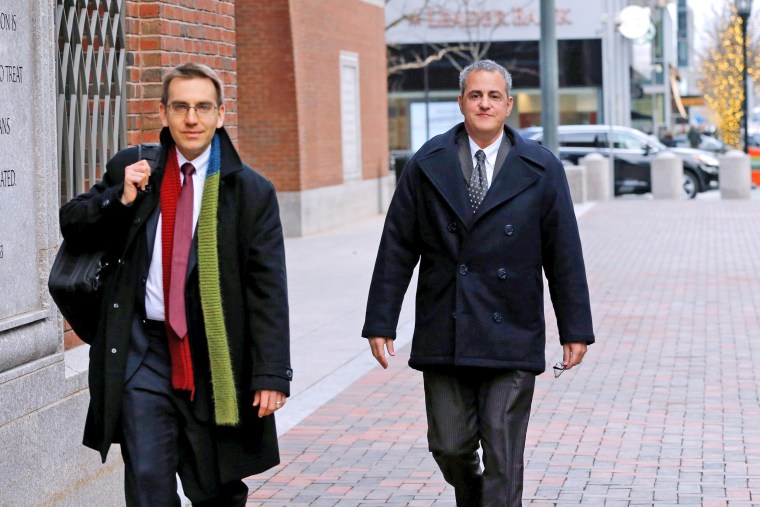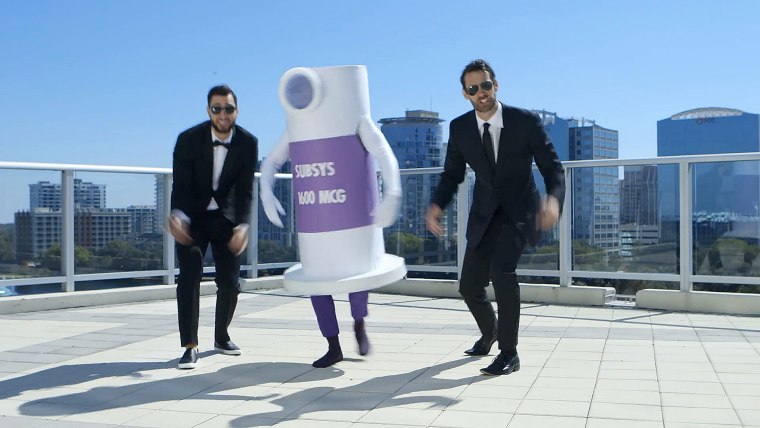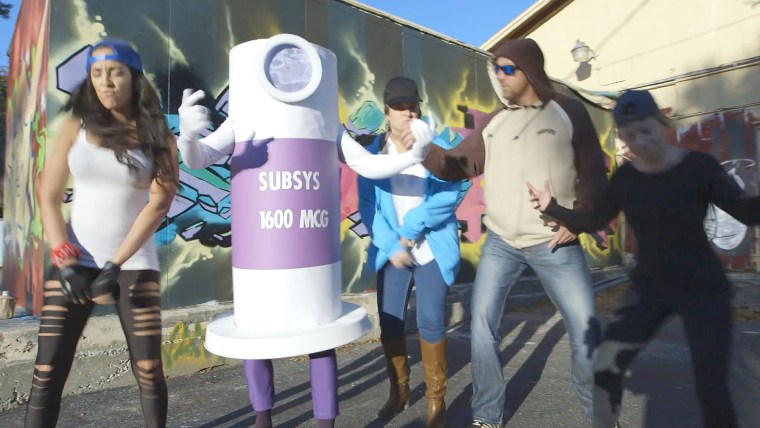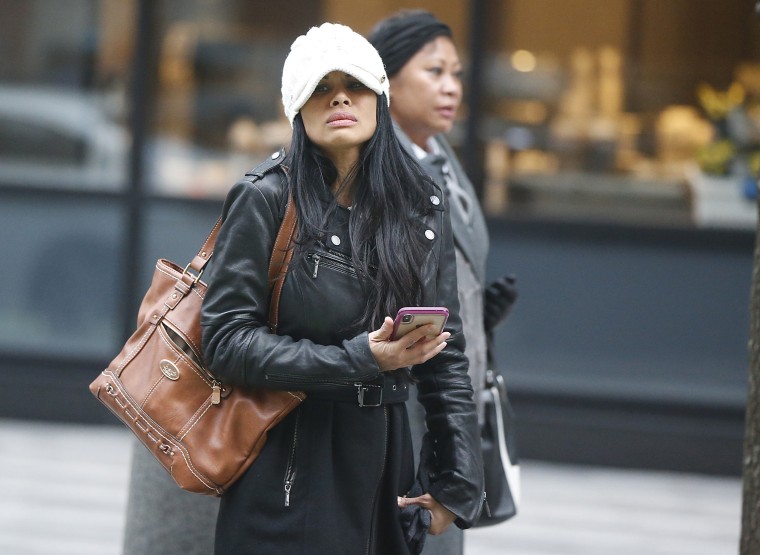BOSTON — The former head of sales for an opioid manufacturer took the stand in federal court here Friday to describe how he followed directions to recruit and bribe doctors for years to increase sales of the company's highly addictive drug.
The testimony of Alec Burlakoff, the former vice president of sales for Insys Therapeutics, closed the fifth week of a trial of five former company executives. The group was charged with multiple conspiracies in October 2017, including racketeering, kickbacks and fraud, along with two other former executives who pleaded guilty and have become cooperating witnesses.
The first cooperating witness, former CEO Michael Babich, testified last month. Burlakoff is the second. Their testimony against their former colleagues is part of a mountain of evidence prosecutors are bringing to build a groundbreaking case to hold pharmaceutical executives accountable.
It is the first federal trial involving executives of an opioid manufacturing company, according to the U.S. Attorney's Office for Massachusetts, which is prosecuting the case. Expected to last around three months, the first five weeks have already included a series of revelations about the company's conduct.
The former executives, including founder and former billionaire John Kapoor, were accused of defrauding insurance companies and bribing doctors to prescribe a highly addictive fentanyl-based pain drug when it wasn't needed.
The drug, Subsys, can be up to 100 times stronger than morphine. It was approved by the FDA to treat patients with cancer who had "breakthrough" pain which other narcotics were not addressing. For years, it was the only product Insys sold. Federal prosecutors say the company bribed doctors to prescribe Subsys to a far wider base of patients and lied to insurers about the patients' conditions.
Prosecutors allege the company paid hundreds of thousands of dollars to doctors in exchange for prescribing Subsys. Three top prescribers have already been convicted of taking bribes from Insys.
"INSYS Therapeutics in no way defends the past misconduct of former employees and is fully cooperating with the government," the company said in a statement.
The company, which is under new management, is still operating after agreeing to pay $150 million to settle related claims in August. Insys has since announced it will be divesting from opioids and focusing on other drug production.
Kapoor and the four other former executives on trial have maintained they committed no wrongdoing. In her opening statement, Kapoor's lawyer said Kapoor had been moved to make the drug a success because of the excruciating pain his wife suffered before she died of cancer. Kapoor's attorney also said Burlakoff hated Kapoor and would "say anything."

Burlakoff, who pleaded guilty in November, appeared in court wearing a suit. The former executive was previously seen by the jury in a very different outfit when a rap video created for the company's 2015 national sales meeting was played as evidence in the case. The five-minute video included a dancing bottle of Subsys, which Burlakoff was revealed to be inside during the final scene.
The rap, set to the tune of "F---in' Problems" by A$AP Rocky, featured two employees rapping about their strategies to recruit doctors to prescribe their addictive product.
"We'll arrange to get a speaker you can meet with over supper," an employee wearing sunglasses and a backwards baseball cap raps while standing in a fountain.
"We can come into your office, we can go and bring some lunch. And while your staff is getting fed, we can start discussing Subsys," he finishes, stretching the rhyme.
The video was meant to encourage sales representatives to push doctors to prescribe increasingly higher doses of Subsys, according to prosecutors, with its chorus of "I love titration, yeah, that's not a problem. I got new patients and I got a lot of 'em."

But titration — the process of adjusting the dose of a patient's medication — was a problem, according to a Senate investigation of the company last year, which found that sales representatives were encouraged to pressure doctors to increase doses. The investigation, led by then-Sen. Claire McCaskill, D-Mo., revealed documents that showed how staff bonuses were tied to the strength of prescriptions. The higher the dose, the more money sales representatives made.
"What they are saying to their sales representatives is, 'It's not enough that you get a doctor to prescribe it," said McCaskill, now an NBC News analyst. She said the company was telling its employees, "'We're going to pay you five times as much if you can get him to prescribe the strongest dose possible.'"
Click here to watch the rap video
According to the Senate report, doctors were compensated through speakers programs, which consisted of a physician speaking to colleagues about the drug, often over a meal. Documents in the report indicate Insys sales reps used these programs as a way to "own" their doctors, even encouraging face-to-face confrontation if it was believed the doctors weren't prescribing enough.

Earlier testimony in the trial revealed that another of the indicted former executives, Sunrise Lee, who was an exotic dancer before serving as a regional sales director for Insys, performed a lap dance for a doctor at a club while other sales reps were present, shortly after the doctor joined the company's speaker program.
"I met Sunrise at a strip club and asked her to work at Insys," Barlakoff told the jury. "I thought she would be Dr. Kapoor's number one manager and I was right."
Lee's lawyer repeatedly objected to Barlakoff's testimony about her and said after the jurors left for the day that he plans to move for a mistrial, according to the AP.
Prosecutors have presented additional evidence of how Insys employees lied in order to defraud insurers. Earlier this week, the jury heard testimony about and audio recordings of Insys call center employees allegedly claiming to insurers that patients who did not have cancer needed the company's drug for cancer pain.
In court Friday, Burlakoff described how sales representatives strategized.
"We were given an iPad loaded with data," he said. "You could find pain managers and physicians and they were ranked by how many opioids they prescribed with 10 being the highest. We targeted the ones who got 10's and 9's and 8's."

Those targets included places they knew were "pill mill operations," he said.
A 30-day supply of Subsys can cost as much as $30,000, and generated sales of $240 million for the company in 2016. From 2012, when Subsys hit the market, and the end of 2018, more than 900 deaths associated with the drug were reported to the FDA.
The company noted in its statement to NBC News that "the majority of those cases were assessed as not related to the use of Subsys, or having insufficient information to make a causal assessment."
The trial is expected to continue as long as another two months.
Adam Reiss reported from Boston. Brenda Breslauer, Adiel Kaplan and Kenzi Abou-Sabe reported from New York.


